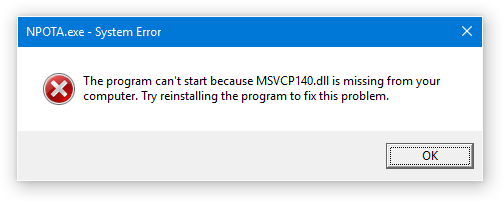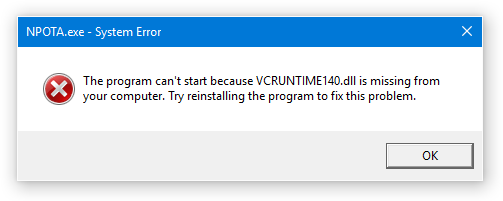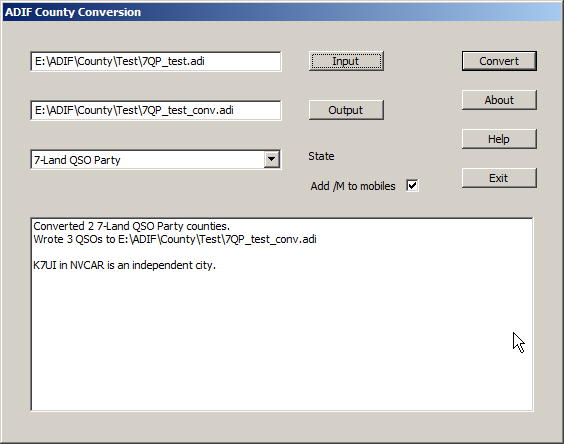This program converts county abbreviations in ADIF contest logs to a valid ADIF "CNTY" field. It should work correctly on all versions of Microsoft Windows beginning with Windows Vista.
Version 6.2 of the program was released on 1 May 2024. Go to the Version History to download the installation program.
Disclaimers
- This program is supplied "AS IS" without any
warranties. For support, contact the author.
- The author assumes no responsibility or liability for the use of the
software, conveys no license or title under any patent, copyright, or mask
work right to the product.
- The author reserves the right to make changes to the software without notification. The author also makes no representation or warranty that such application will be suitable for the specified use without further testing or modification.
Features
- Supports these state/regional QSO parties:
AL,
AR,
AZ,
CA,
CO,
DE,
FL,
GA,
HI,
IA,
ID,
IL,
IN,
KS,
KY,
LA,
MDC,
MI,
MN,
MO,
MS,
NC,
ND,
NE,
NH,
NJ,
NM,
NV,
NY,
OH,
OK,
OR,
PA,
SC,
SD,
TN,
TX,
VA,
VT,
WA,
WI,
WV, 7QP, MAQP, MARAC,
NEQP, USCQP
7QP 7-Land QSO Party MAQP Mid-Atlantic QSO Party MARAC MARAC County Hunters Contest NEQP New England QSO Party USCQP US Counties QSO Party - County lines generate multiple QSOs. For example, if you log a station on the
county line of Middlesex/Essex MA, you will get two QSOs in the ADIF file,
one for each county. The time for each subsequent QSO on the county line
will be incremented by 1 second. All other QSO information will be the same.
- The program can change certain portable callsigns automatically. For example, W4ABC/SUW in Suwannee, FL can be changed to W4ABC/M. This prevents logging programs from treating these as a different DXCC entity (like Egypt in the example). The callsign is not sufficient to indicate the country being converted; the program must find a valid exchange field in the ADIF QSO record that contains the same country abbreviation.
Installation
After downloading the installation program, simply run it and install the program into a directory of your choosing.
IMPORTANT: If you try to run the program and you see either of these two (or similar) error messages pop up:

or

then you must download and install the Microsoft Visual C++ Redistributable for Visual Studio. For more information on this download, click here.
Operation
To run the program, just double-click on the program icon. You will see a window like the following:
You must choose the input file, the output file, and the state or regional QSO party name to convert from the drop-down menu. The name of the output file must be different from the name of the input file.
Then click on the Convert button. Any informational, warning or error messages will be printed to the text area at the bottom of the program window.
Click on the About button to see the program version and copyright information.
Click on the Help button to bring up this web page.
Check the "Add /M to mobiles" box to automatically convert callsigns like W4ABC/SUW to W4ABC/M. This feature is enabled by default. If you do not want the program to do this, you will have to uncheck the box yourself.
Notes
- Only recommended or official county abbreviations are recognized. For
example, MTE (not MAN) is the correct abbreviation for Manatee, FL. The
program will make its best guess (and show a warning) if it doesn't
recognize an abbreviation.
- CT Planning Regions do not map uniquely to US counties, so the program does not try to convert them.
The following contest exchange formats are supported. If your ADIF file uses a different field, send me the file and I will add support for it:
GenLog <qth_rcvd:#>abbrev N1MM <EXCHANGE1:#>abbrev
<APP_N1MM_EXCHANGE1#>abbrevNA <comment:#>abbrev TR <name:#>abbrev Writelog <CNTY:#>abbrev (and others)
CT to ADIF already exports the counties correctly for the contests it supports.
Coming Attractions (maybe)
There are a couple features that I may implement in the future, if there is interest:
- Add a "generic" mode to convert only STATE abbreviations to an ADIF STATE field
- Additional output for those who want to see it (i.e. show each QSO that was converted, report total number of QSOs written to output file, etc.)
- For rover and portable operations, convert transmitted QTH (county abbreviation) into MY_STATE and MY_CNTY ADIF fields. This is a work-in-progress. It gets complicated when a rover on a county line works another rover on a county line. At this time,
